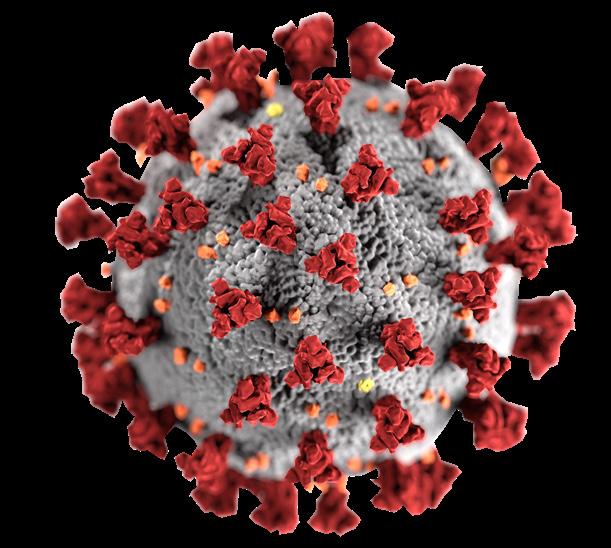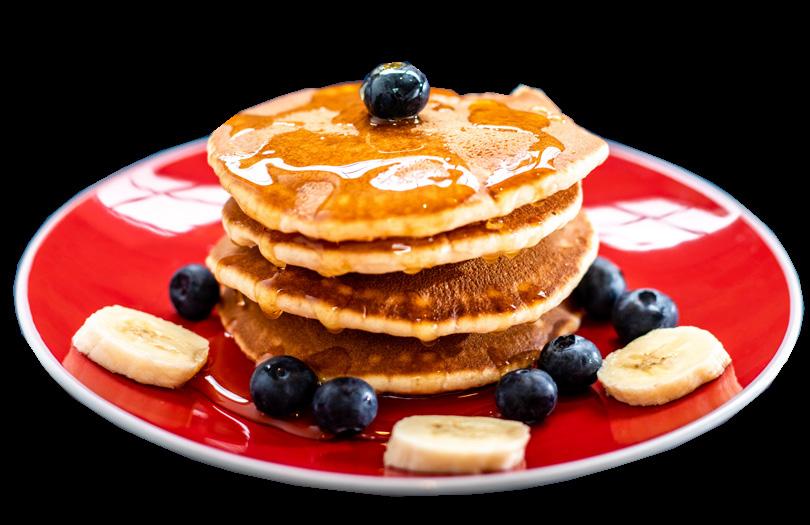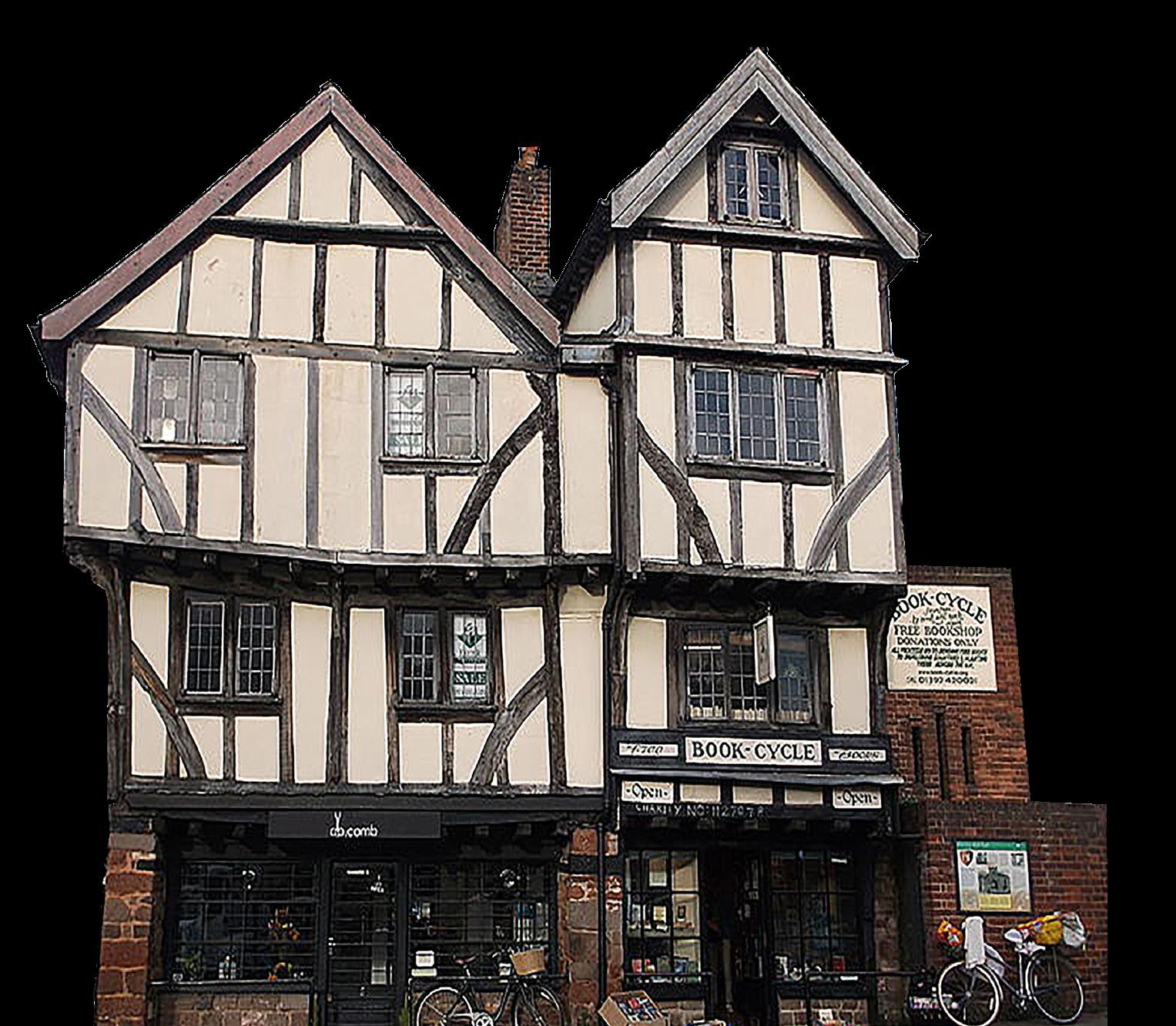arts + lit
Exeter’s best bookshops Rose Poulton explores Exeter’s bookshops and shares her thoughts on the best places to buy
A
NY fresher who loves to read, look no further for the perfect guide on where to get your books. The first bookshop you’ll come across is definitely Blackwell’s; overpriced but it’s got everything you need for your course. I applied for a job there once and was annoyingly rejected (yes, I am still a little salty about it).
very decent price, if you don’t mind pre-loved books. One of the best in town is the Oxfam book shop and it’s nice to know that your money is going to a good cause.
Required reading
WHERE TO FIND THEM:
Image: Harry Mitchell
Speaking of second-hand books, the place to buy these in Exeter is definitely Book-Cycle. The walk is a little way from campus but is well worth it and has the latest good reads, the other day I even picked up a copy of Normal People. The building is a gorgeous old-fashioned Tudor house and the best part is that you decide how much you pay for each book. I hope this article helps anyone looking for a g o o d book or a cosy place to sit and read.
THE BEST PART IS THAT YOU DECIDE HOW MUCH YOU PAY FOR EACH BOOK. Next up, we have Waterstones; would this even be a bookshop review without it? There are even two in Exeter, although the one near John Lewis is a lot nicer. It also has a café. I remember my first trip there when my friend and I sipped hot apple juice while discussing what to buy. Waterstones definitely gets my approval, the shop is so aesthetically pleasing it could be the setting for its own book. It is still on the pricey side however, so I’m going to go ahead and offer some more student friendly alternatives. I got a lot of my books for my course from charity shops, they often have the classics at a
THE SHOP IS SO AESTHETICALLY PLEASING
Blackwell’s: Great Hall Foyer University of Exeter, Stocker Rd, Exeter EX4 4PY Open: Monday - Friday: 9am - 5pm Waterstones (near John Lewis): 252 High St, Exeter EX4 3PZ Open: Monday - Saturday: 9am - 6pm Sunday: 10:30am - 4:30pm Waterstones (near Exeter Cathedral): 48-49 High St, Exeter EX4 3DJ Open: Monday - Friday: 9am - 5:30pm Saturday: 9am - 6pm Sunday: 10:30am - 4:30pm Oxfam: 98 South St, Exeter EX1 1EN Open: Monday-Friday: 9am - 5:30pm Saturday: 9am - 5pm Sunday: 11am - 3pm Book Cycle: 7 West St, Exeter EX1 1BB Open: Monday-Saturday: 11:30am - 6pm Sunday: 12:30am - 5:30pm
Hannah Rae discusses how fiction can shape expectations of university life
M
UCH of my understanding of university life before coming to Exeter came from two sources: older friends’ Instagram feeds, portraying a life consumed by clubbing in fancy dress and flat-Sunday-roasts and Hollywood films. As a Brit, the latter depicted a lifestyle I knew would never represent my own – one of frat parties, competitive a cappella groups and fake IDs.
UNIVERSITY PROVIDES THE ABILITY TO CHOOSE WHO YOU WANT TO SURROUND YOURSELF WITH Reading Normal People in the summer before first-year offered something different. Knowing that it reflected other aspects of normal life with a sense of reality and relatability that feels rare meant that I took Sally Rooney’s
portrait of university life more seriously. This was a world that felt believable and recognisable, and it didn’t glorify the university experience as my previous sources had done. What I found to be especially true-to-life, was Rooney’s representation of Marianne and Connell’s shifting social positions at university. University provides the ability to choose who you want to surround yourself with, and for many it is the first time they experience this freedom. I noticed that whilst some people who felt disconnected from peers at school thrive with the fresh start that university offers, others – used to their close home friendships – initially struggle with having to make new friends
on their own. This is beautifully reflected in the book, in which a kind of ‘role reversal’ occurs, and previously popular Connell finds himself isolated whilst Marianne blossoms socially. Reading about Connell’s initial loneliness and issues with mental illness created additional anxiety for me as someone equally lacking-in-confidence. It solidified in my mind the idea that I wouldn’t make any friends, and when my Freshers’ week didn’t live up to expectations, it seemed like my fears were being realised. However, I eventually found my feet, and ended up developing closer friendships than I imagined, as, in fairness, Connell does in the book. Rooney’s representation of imperfect ro-
mances through characters like Gareth was also one I saw reflected in reality in first year, as my friends began to work out what did and didn’t work through their flawed relationships.
IT SOLIDIFIED IN MY MIND THAT I WOULDN’T MAKE ANY FRIENDS
Likewise, the central position of love in the novel does resemble the great importance placed on intimate relationships this year. However, the will-they-won’t-they love of soulmates between Marianne and Connell, around which the book is based, felt unachievable even when I first read the novel. I admit that I fear the expectation of a partner as emotionally intelligent and charming as Connell may be the area in which Normal People continues to falls short in corresponding to real university life. Image: Amelia Gregory




